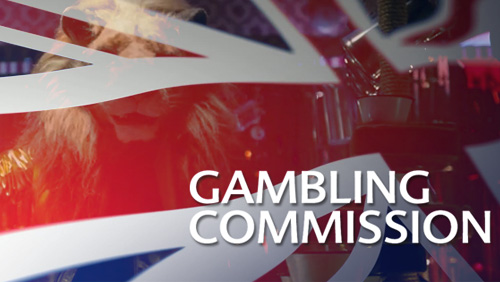LeoVegas Gaming Ltd.’s misleading ads and its failure to protect vulnerable customers have left a £600,000 (US$818,000) hole in the company’s pocket.
 On Wednesday, the UK Gambling Commission (UKGC) hit the Swedish mobile gambling specialist with a hefty fine “for failings relating to misleading advertising and the handling of customers at the end of their self-exclusion period.”
On Wednesday, the UK Gambling Commission (UKGC) hit the Swedish mobile gambling specialist with a hefty fine “for failings relating to misleading advertising and the handling of customers at the end of their self-exclusion period.”
During its investigation, the regulator discovered that LeoVegas did not “take all reasonable steps” to prevent problem gamblers from accessing its offerings.
“Our investigation found, and LeoVegas accept, that that there were weaknesses in its systems relating to the proper management of self-exclusions, and it and its affiliates’ marketing material was non-compliant,” UKGC Chief Executive Neil McArthur said in a statement.
In a nutshell, the UKGC found that at least 11,205 customers who chose to self-exclude and close their accounts failed to get their money back from LeoVegas. The gambling operator also allowed 413 previously self-excluded customers to gamble “without speaking to those customers first or applying a 24-hour cooling off period before allowing them to gamble,” according to the UKGC.
The UKGC also held LeoVegas accountable for greenlighting 41 misleading ads and sending marketing material to 1,894 people who had previously self-excluded.
LeoVegas blamed its affiliate marketing partners for some of the breaches. To rectify its errors, the company said that it had already returned approximately £14,429 ($19,684) in outstanding balances to players.
It also agreed to make an equivalent donation to charities for socially responsible causes.
“We have had discussions with the UK Gambling Commission, UKGC, on suspected cases of breaches of the British gaming rules. A clear majority of cases are attributable to affiliate marketing,” LeoVegas said in a statement to UKGC. “It’s good that UKGC puts increased demands on us in the gaming industry. It is an advantage for serious actors who both have the will and ambition to work in a regulated market.”
UKGC’s announcement, meanwhile, has overshadowed the news of LeoVegas’ robust first quarter revenue.
In a regulatory filing on Wednesday, LeoVegas reported that its revenue jumped 76 percent to €77.4 million ($92.9 million) in the first quarter of 2018 compared to €43.9 million ($52.66 million) it posted in the same period last year.
Adjusted earnings before interest, tax, depreciation and amortization (EBITDA) were up 45 percent to €9 million ($10.8 million) in the three months ending March 31, 2018, with a margin of 11.6 percent. Operating profit dropped to €3.8 million ($4.56 million), while adjusted operating profit rose to €7.9 million ($9.5 million).
LeoVegas saw the number of depositing customers rise by 75 percent to 302,014 in Q1. New depositing customers were up 97 percent to 146,063.
LeoVegas CEO and co-founder Gustaf Hagman attributed the company’s strong start to the acquisition of Rocket X, which he said “has a strong footprint in the UK market with a local multibrand strategy and the market’s most effective customer acquisition model.”
The acquisition of gambling licenses in Germany, which allowed the company to tap the country’s sports betting market, also helped fuel the LeoVegas’ revenue growth.
As added good news to investors, LeoVegas said that the company had a strong start in the second quarter, posting net gaming revenue of €29.3 million ($35.15 million), a growth rate of 77 percent.